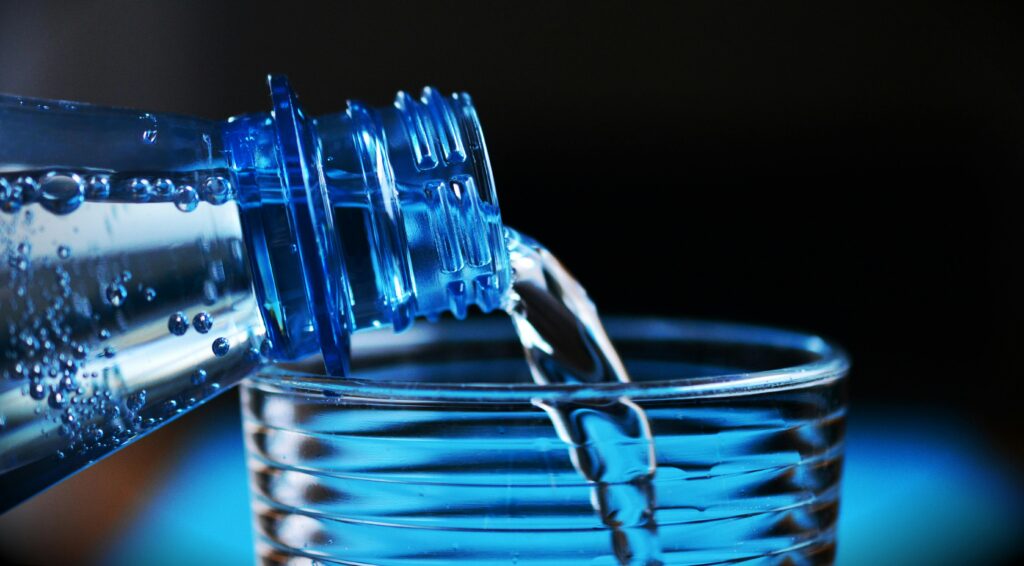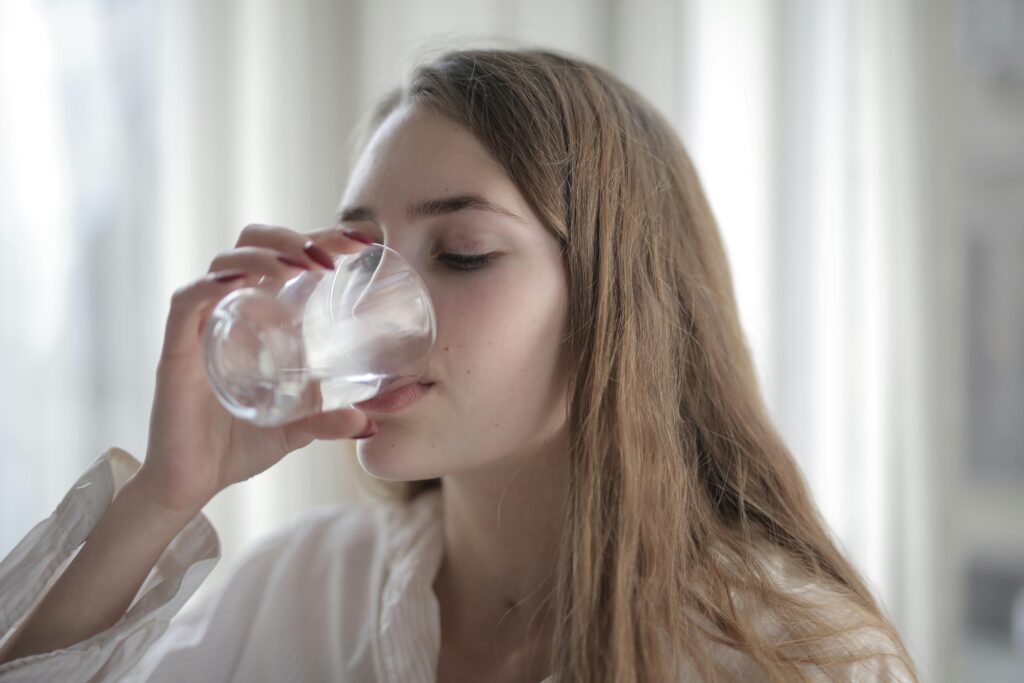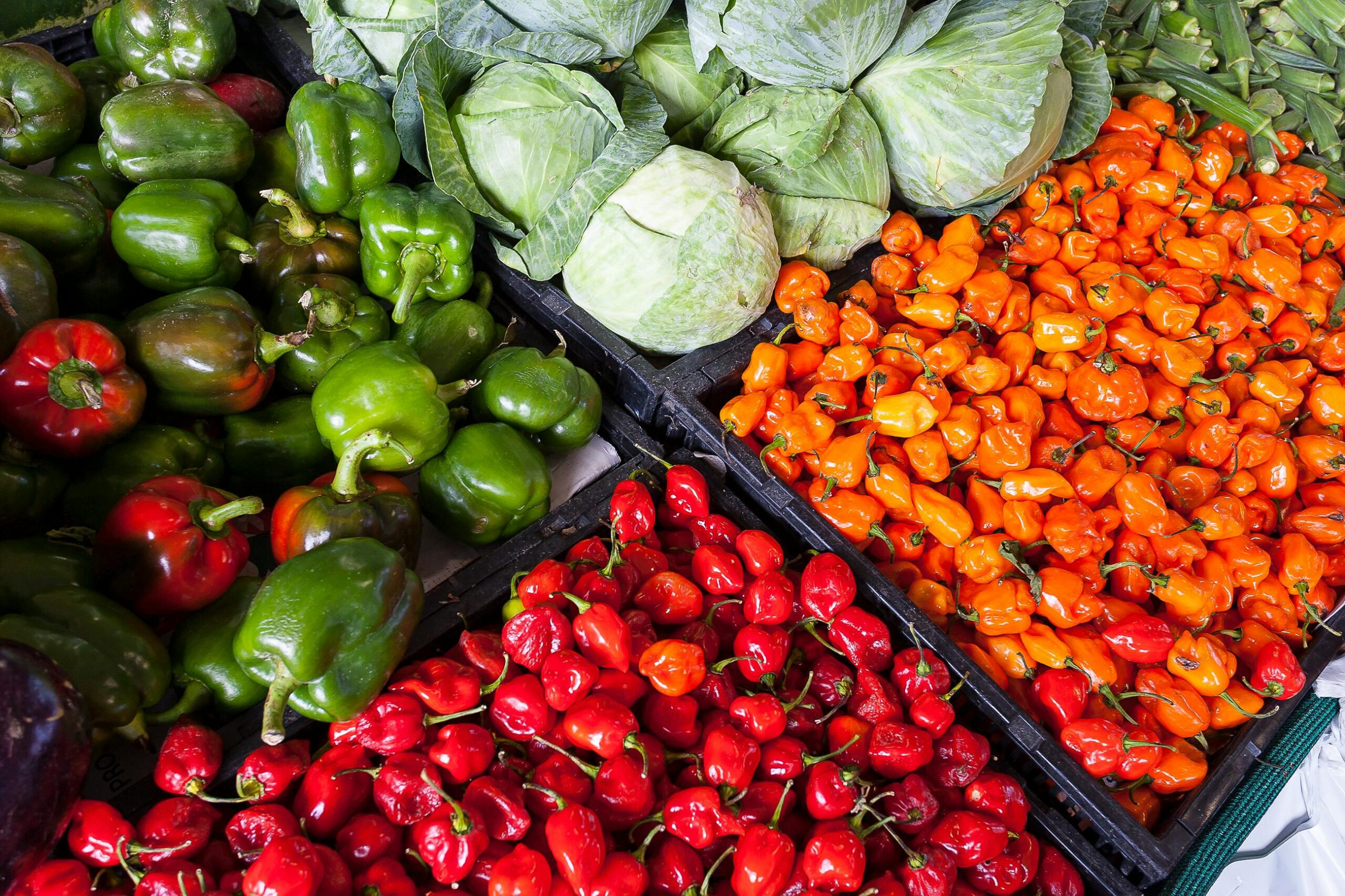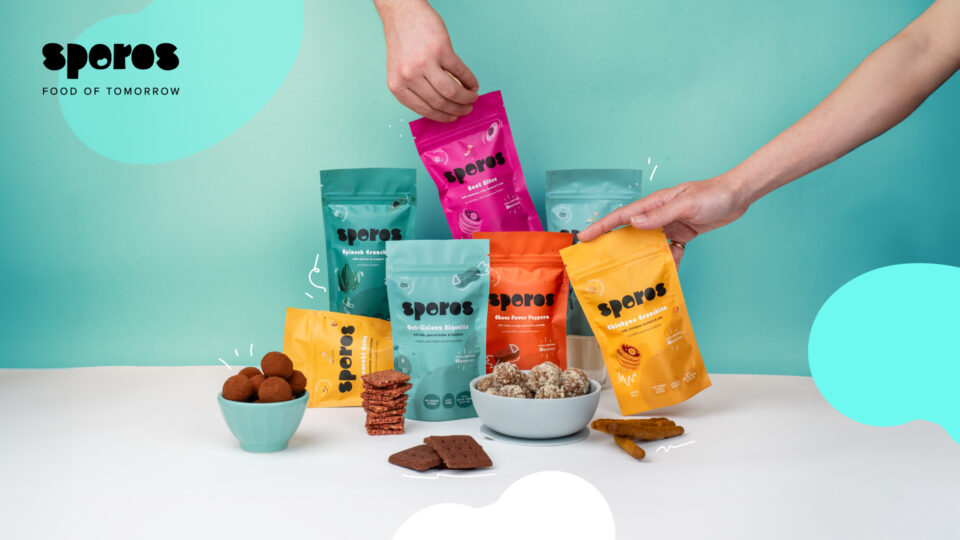
Hydration is essential whether you are a weekend sports warrior, a marathon runner, participate in adult recreational sports, or play in a competitive league. With the London Marathon(21st April) approaching, marathon runners are gearing up to tackle the iconic race. As a sports nutritionist, I understand the vital role hydration plays in optimizing performance and maintaining health during endurance events like marathons. Athletes can lose fluids quickly during marathons, especially in hot or humid environments. Mild dehydration is described as losing between 2% and 3% of one's body weight in water. For example, if someone weighs 180 pounds (~81 kgs) and loses 2% of their body weight, they will lose 3.6 pounds (1.6 kgs) of water, indicating the beginning of dehydration. Here are some expert tips for marathon runners to stay properly hydrated before, during, and after the London Marathon, backed by the latest research:
Pre-Race Hydration:
1. Start Hydrating Early: Begin hydrating well in advance of race day. Aim to consume adequate fluids throughout the week leading up to the marathon to ensure optimal hydration status. This can help you start the race with fully hydrated cells and minimize the risk of dehydration during the event. The marathon runner should drink 7-12 ounces (200-500ml) of cold beverage with added carbohydrate to the beverage at a 6-8 percent concentration. Start your day with the glass of water.
2. Monitor Urine Colour: Keep an eye on the colour of your urine as a simple hydration gauge. Pale yellow urine indicates adequate hydration, while darker urine may signal dehydration. Adjust your fluid intake accordingly to maintain proper hydration levels (check the table below).

3. Electrolyte Balance: Alongside water, electrolyte balance is also crucial for long events. Electrolyte imbalances can increase the consequences of fluid loss in athletes, impairing performance and making a given exertion feel much more difficult. Electrolytes like sodium, potassium, magnesium, and calcium play crucial roles in hydration and muscle function. You can also try having Salt & water pre-race /during training and see how you feel. Also incorporate electrolyte-rich foods such as Dark chocolate, bananas, nuts, seeds, and electrolyte-fortified beverages like Pedialyte into your pre-race meals and snacks.

URINE COLOR CHART
- Overhydrated: Almost clear yellow
- Hydrated: Pale shades of yellow
- Dehydrated: Bright yellow to darker yellow
- Extremely Dehydrated: Orange to brown (if brown, consult a doctor)
[Chart taken: USADA website]
Hydration During the Race:
1. Follow a Hydration Plan: Develop a personalized hydration plan based on your sweat rate, environmental conditions, and individual needs. Aim to drink fluids at regular intervals throughout the race, rather than waiting until you feel thirsty. Sipping small amounts of water or sports drinks at aid stations can help prevent dehydration without causing discomfort. Drink 100-200ml of cold fluid during the run at 15–20-minute intervals.

2. Electrolyte Replacement: In addition to water, consider incorporating electrolyte beverages or electrolyte tablets or gels like SIS into your hydration strategy, especially if you're sweating heavily or racing in hot weather. Replacing electrolytes lost through sweat can help maintain hydration and prevent cramping and fatigue. Fruit juice, sports drinks, and electrolyte tablets. Rehydration with these beverages has been proven to lower urine production while increasing blood volume restoration.
3. Carb-rinsing: Carbohydrate mouth rinse can help marathon runners perform better. Though its not for hydration but for enhancing performance. Always remember not to over hydrate during the run too as it can cause discomfort, which can affect your timing and performance.
Post-Race Hydration and Recovery:
- Rehydrate Strategically: After crossing the finish line, prioritize rehydration to replenish fluids lost during the race. They can do that by checking their weigh, preferably without clothing (since sweaty clothes can add extra weight). Each pound (1/2kg) lost during marathon typically represents around 16 ounces (~450 ml) of fluid loss. If excessive weight is lost, it indicates the need to increase fluid intake in the future and If no loss then you are well hydrated. To rehydrate athletes should drink 1.5 times the amount of fluid lost during marathon. Drink water or electrolyte beverages to restore hydration levels and support recovery. Including sodium in your post-race hydration can help stimulate thirst and promote fluid retention.
Follow this guide to work out your sweat rate:
Prior to Run:
- Record nude bodyweight
- Record weight of all food and fluid
During Run:
- Keep hold of all empty bottles, food wrappers and banana skins etc.
- Record duration of exercise
Post Run:
- Record nude bodyweight again
- Record weight if remaining fluid, food, wrappers, skins etc.
Use the formula in diagram below to calculate sweat rate:
Sweat rate = pre-run body weight - post-run body weight + fluid intake - urine volume/run time in hours.
(Table: Loughborough university website)
2. Avoid energy drinks: Avoid carbonated drinks, as it can cause GI distress and may decrease the volume of fluid consumed. Beverages containing caffeine, alcohol, and those promoted as energy drinks should also be avoided.
3. Restore Electrolyte Balance: In addition to hydrating, focus on replenishing electrolytes lost through sweat during the race. Include electrolyte-rich foods and beverages in your post-race meals and snacks to restore electrolyte balance and support muscle recovery. Drinks containing electrolytes, carbs, and protein are more effective in rehydrating you than plain water. The best examples are coconut water, milko (low sugar& milk drink), and protein shakes.

Conclusion:
Proper hydration is essential for marathon runners to perform at their best and stay healthy during the London Marathon. With these hydration strategies in your toolkit, you'll be well-prepared to tackle the London Marathon and achieve your running goals. Best of luck, and happy running!

This article was written by our sports nutritionist, Pragya Khosla. As a registered Sports nutritionist Pragya is a dedicated advocate for holistic well-being. With a deep understanding of the intricate relationship between nutrition, exercise, and overall health, Pragya empowers individuals to achieve their wellness goals. Her articles serve as a testament to her commitment to spreading the message of sustainable health. Pragya’s expertise passion for sports and experience make her a trusted source of inspiration and knowledge in the realm of holistic wellness, transforming lives one step at a time. See more here.

References
- Burke, L. M., & Hawley, J. A. (2018). Swifter, higher, stronger: What's on the menu? Science, 362(6416), 781-787.
- Jeukendrup, A. E. (2014). A step towards personalized sports nutrition: carbohydrate intake during exercise. Sports Medicine, 44(S1), 25-33.
- Thomas, D. T., Erdman, K. A., & Burke, L. M. (2016). American College of Sports Medicine Joint Position Statement. Nutrition and athletic performance. Medicine and Science in Sports and Exercise, 48(3), 543-568.
- Maughan, R. J., Burke, L. M., Dvorak, J., Larson-Meyer, D. E., Peeling, P., Phillips, S. M., & Rawson, E. S. (2018). IOC consensus statement: dietary supplements and the high-performance athlete. British Journal of Sports Medicine, 52(7), 439-455.
- Casa, D. J., Armstrong, L. E., Hillman, S. K., Montain, S. J., Reiff, R. V., Rich, B. S. E., ... & Stone, J. A. (2000). National Athletic Trainers' Association position statement: Fluid replacement for athletes. Journal of Athletic Training, 35(2), 212–224.
- Sawka, M. N., Burke, L. M., Eichner, E. R., Maughan, R. J., Montain, S. J., & Stachenfeld, N. S. (2007). American College of Sports Medicine position stand. Exercise and fluid replacement. Medicine and Science in Sports and Exercise, 39(2), 377-390.
Pragya Khosla







